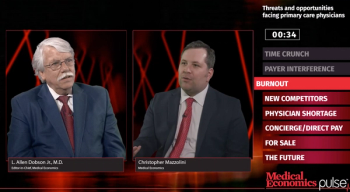
A recent survey of primary care physicians outlined what they see as the major threats and opportunities facing the profession.

Chris Mazzolini is the editorial director of Medical Economics. Before entering B2B publishing, he worked as a daily newspaper reporter, covering state government, local politics, and military affairs in Jacksonville and Wilmington, North Carolina. He has a master’s degree in journalism from the Medill School of Journalism at Northwestern University and a bachelor’s degree in political science from Kenyon College. He lives in the Cleveland area.

A recent survey of primary care physicians outlined what they see as the major threats and opportunities facing the profession.
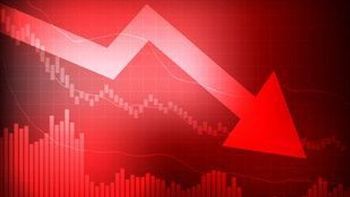
The stock market has been volatile lately. Should this change your investment strategy?
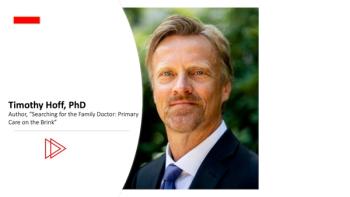
We need to rethink how we pitch — and train — the specialty of family medicine.

How family medicine physicians can gain back control and empowerment in their careers.

The pandemic has made physician independence even more precarious.

As physicians shift from practice owners to employees, what can be done to improve primary care?

Is the health care system hostile to the physician-patient relationship?
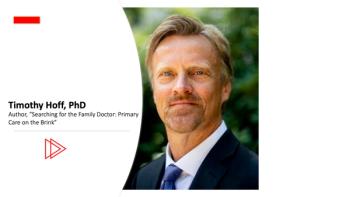
How family medicine has changed thru the years And why family medicine has changed.

Author Timothy Hoff, PhD, explains why he focused on the issues with family medicine in his new book.

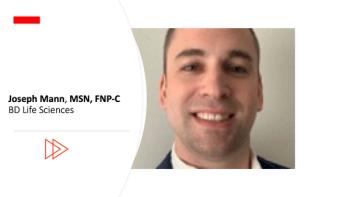
What the BA.2 variant, the ending of mask mandates and allergy season means for COVID-19 testing.

‘Good machine learning practices’ are needed to address the unique social, legal, and ethical concerns potentially raised by AI.
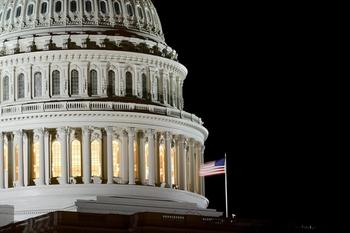
Congress will have to take action to keep the telehealth floodgates open, so uncertainty remains.

Determine if your practice is data blocking before it costs you.

The results of physician trials led by the AAFP Innovation Lab are very promising.
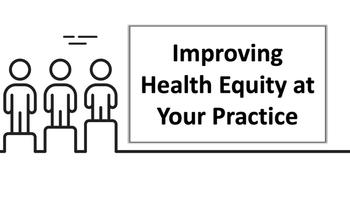
An overview of how to get started in a health equity initiative.
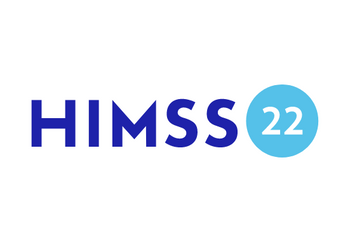
The HIMSS22 Global Health Conference opened with a call to action for the health care industry.
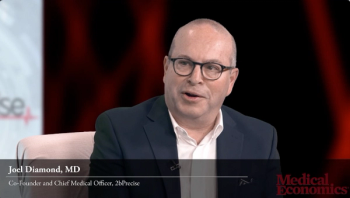
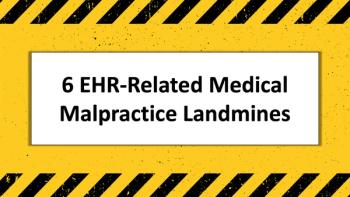
EHRs are increasingly leading to malpractice lawsuits. Here’s six issues to avoid.

A new book called Coaching with P.R.I.D.E.: How Badly Do You Want To Win? from a long-time football coach offers advice for life and business.

Three economists concluded in a Johns Hopkins working paper that lockdowns in response to the first wave of the COVID-19 pandemic did not have a significant effect on mortality rates, but the paper's findings have been criticized.
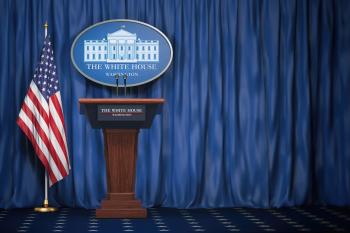
The Washington Post reported that the idea was opposed by HHS Secretary Xavier Becerra.

A new study in the Journal of General Internal Medicine finds compliance remains lacking a year after federal price transparency rules went into effect.
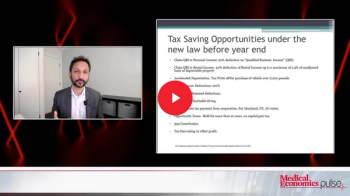
there are some tax planning strategies physicians can still put into action to set themselves up for solid tax savings for year 2021.
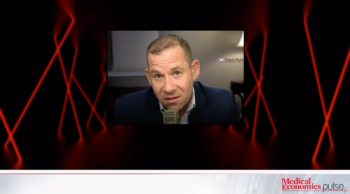
The cyber threat against healthcare businesses is exploding, and here's what you can do about it, on this week's Medical Economics Pulse.
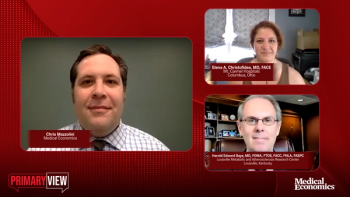
Closing thoughts regarding the increasing burden of overweight and obesity in the United States, and recommendations for supporting patients who are taking a proactive role in managing their weight.
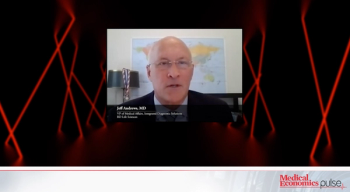
Medical Economics sat down with BD's Jeff Andrews, MD, to discuss this flu season's unique challenges for physicians as the COVID-19 pandemic continues.
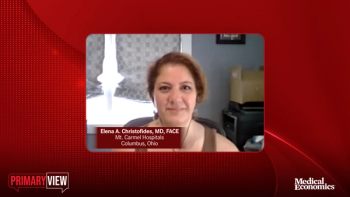
Recommendations for selecting among various therapies available for weight loss and expectations for where this field is headed next.

Characteristics that make the medical device, Plenity, unique from other therapies approved for weight management.
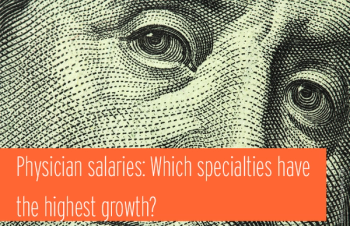
How 21 specialties compare, ranked by level of growth.